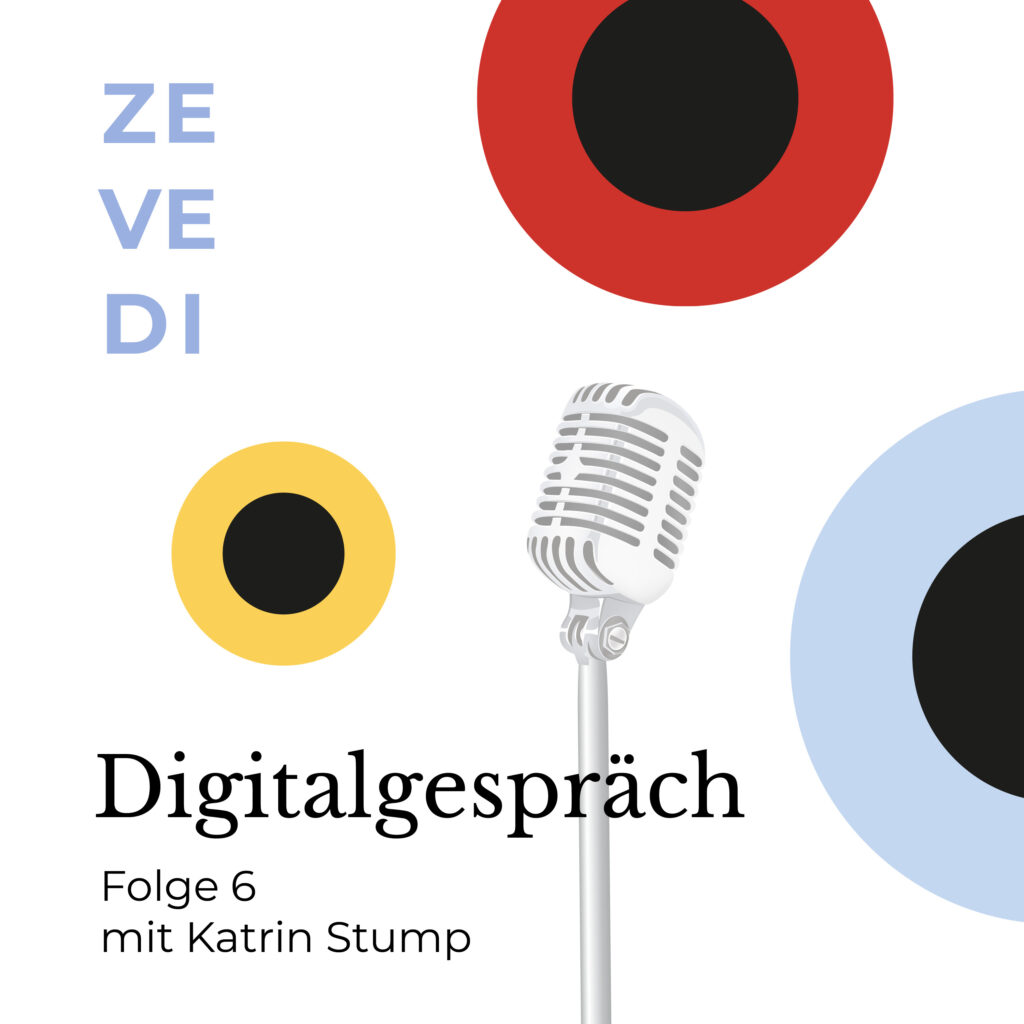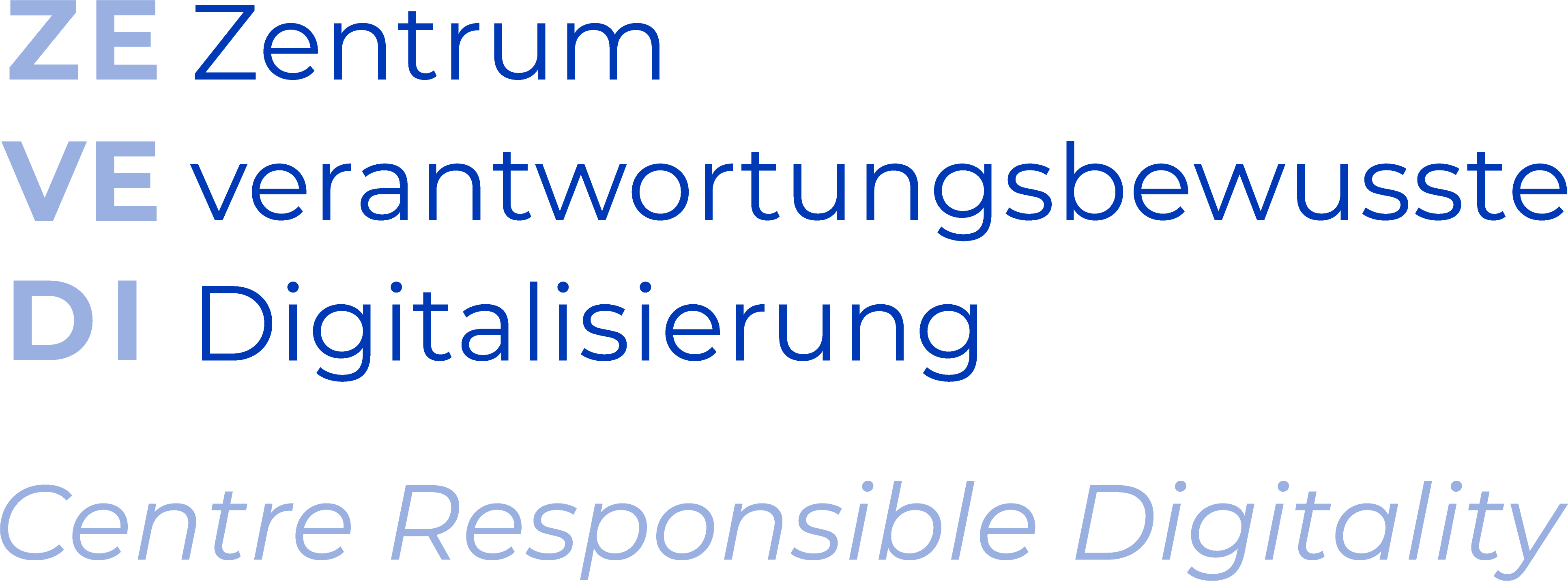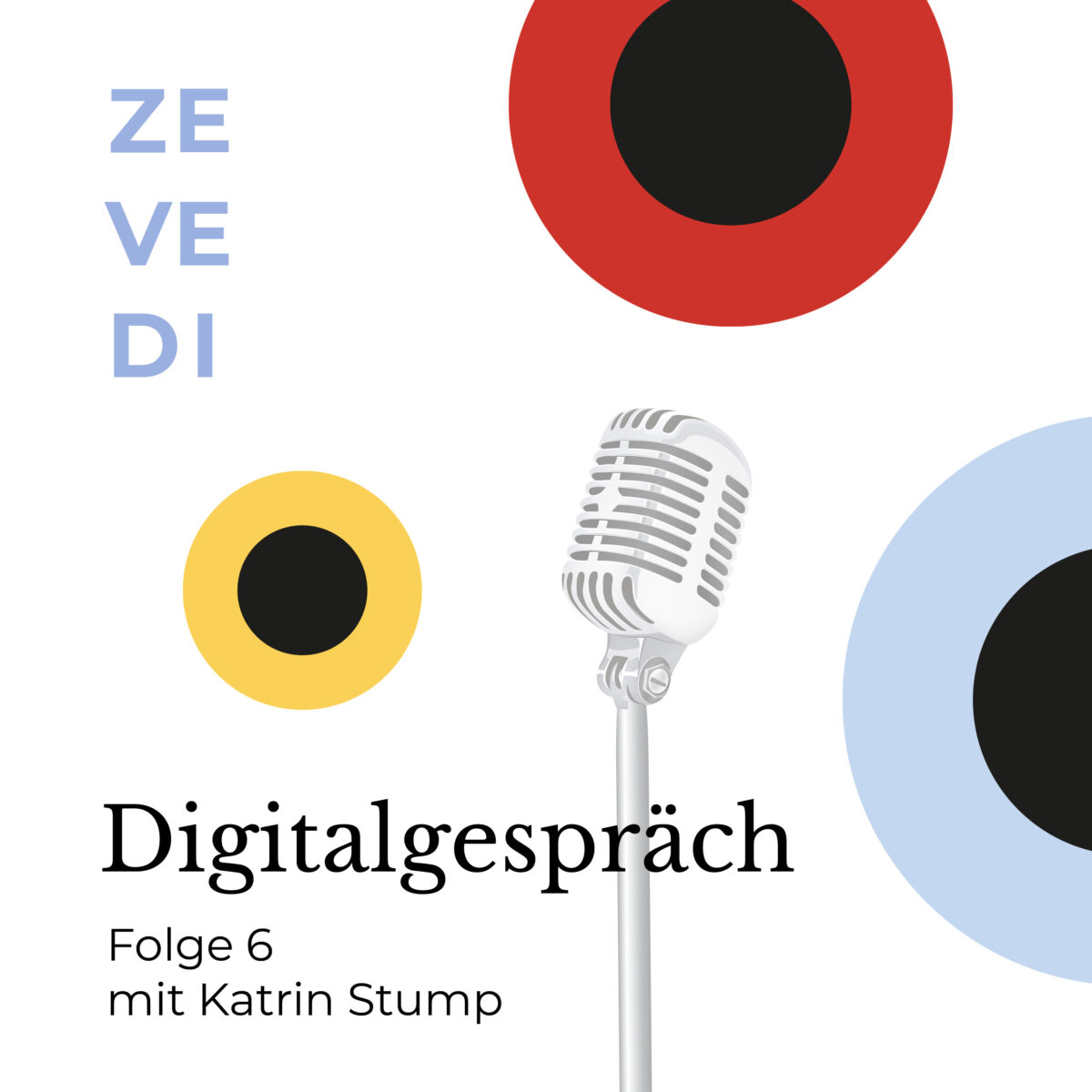
When entering academic libraries, it might not be obvious what comprehensive digital services they already offer their users. Of course, they also provide digital media in addition to classic data carriers such as written works, images, audio tapes, microfilms and many more, but it does by no means end here: in particular, libraries have developed into competent companions in the use of digital research techniques and can advise and support scientists at every stage of their work process. Starting with research and data management, through the writing process and publication, they work out customised strategies together with the individual scientist – in direct contact and according to subject-specific and personal requirements.
In view of digitisation, some large academic publishers have also adapted their offerings and developed services through which the individual researcher receives support in their entire work process through digital products. Unlike libraries, which are still physical places where one can meet human contact persons and experts, publishers get to know scientists through tracking. From the data they gain in order to get to know the users of their products as well as possible, comprehensive profiles can be generated that not only serve the scientists in their work, but can themselves become a commodity – and governments may also be interested.
Katrin Stump is an expert in both worlds: The Executive Director of Braunschweig University Library is Chairperson of the DFG’s Committee on Scientific Library Services and Information Systems (AWBI). She therefore not only knows the development of the digital library beyond the mighty bookshelves in detail, but has also dealt intensively with the new business models of scientific publishers. A paper on data tracking in research which the AWBI published in May 2021 can be understood as a wake-up call. In this sixth episode of Digitalgespräch, she explains what digital offerings libraries are making today, how they come about and are accessible and how academic libraries cooperate with small and large publishers. With hosts Marlene Görger and Petra Gehring, she also discusses the results of the AWBI’s information paper, focusing on what dangers emanate from current practices of large academic publishers and what is necessary in order to shape digitality in research practice while respecting the freedom of science as well as the individual.
Weitere Informationen:
Zum Informationspapier „Datentracking in der Wissenschaft: Aggregation und Verwendung bzw. Verkauf von Nutzungsdaten durch Wissenschaftsverlage“ des AWBI der DFG :
https://www.dfg.de/download/pdf/foerderung/programme/lis/datentracking_papier_de.pdf
all episodes of Digitalgespräch
The podcast is in German. At the moment there is no English version or transcript available.


